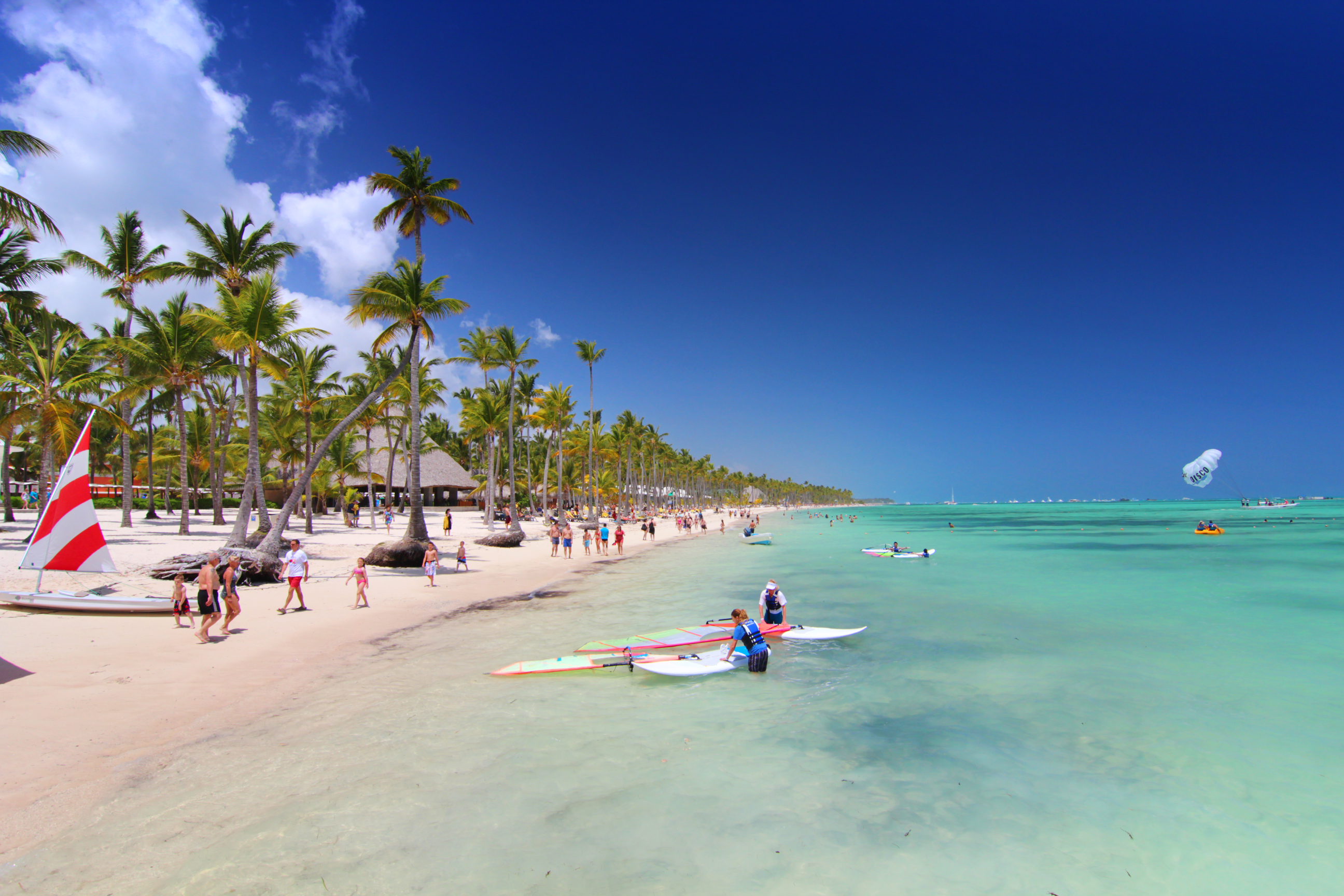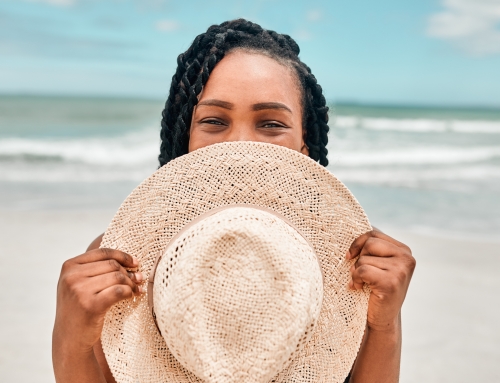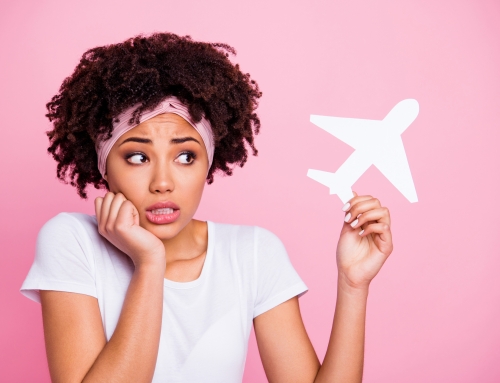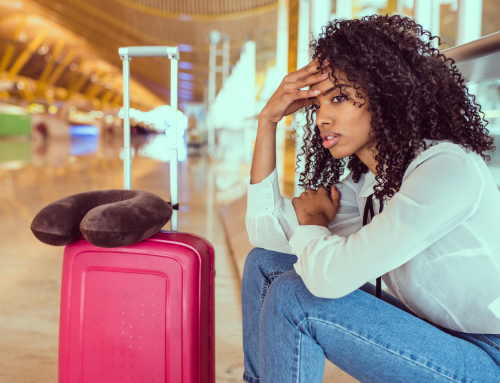The Dominican Republic can feel like paradise for most tourist. The temptation of its white sand beaches, turquoise water, and its beautiful and inexpensive resorts creates an ideal background for the ultimate beach getaway. Also, it doesn’t hurt that flights from New York, Atlanta and Houston are under four hours away.
It’s no wonder the Dominican Republic is the most popular Caribbean vacation destination. But is it safe to travel to the Dominican Republic? And more importantly, is it safe to travel to Punta Cana, the main resort area?
According to the U.S. Department of State Travel Advisory, the Dominican Republic has a Level 2 safety rating, which means exercise increased caution. Other Level 2 countries include Germany, Italy, Brazil, and Egypt to give some reference.
Overall it is safe to travel to Punta Cana as the crime rate is lower than other parts of the country. This is thanks to a special police force patrolling the resorts and beaches called CESTUR. That said, it is highly recommended not to have a false sense of security. Minor and violent crimes still occur in Punta Cana, including reports of sexual assaults and even killings at the beach resorts.
Before you book what could be a dream getaway, determine if you feel safe to travel to Punta Cana by educating yourself on the potential dangers and culture.
Punta Cana Overview
Set on the East Coast of the island, Punta Cana is the main resort area comprising of more than half of all of the Dominican Republic’s tourists. The beach spans 50 kilometers making it the longest beach in the Caribbean. Walking the whole stretch of that beach amidst the breathtaking scenery and the infectious music of the meringue is a popular activity among tourists.
Safety Tips
- Don’t leave valuable items unattended at pool or beaches areas
- Avoid public transportation as many pickpocketing and theft incidents occur
- Hire a reputable driver or taxi service recommended by the hotel
- Don’t travel outside of Punta Cana alone
- Be cautious of people standing around the ATM
- Avoid telling strangers or hotel employees your hotel room number that don’t need to know (front desk/restaurants/bars)
Female Travelers
- Several sexual assaults, including assaults at beach resorts by hotel employees or guests, have been reported in this area
- Avoid walking alone at night, that includes at the resorts
- Be cautious of strangers standing around when opening your hotel room
Scams
- Taxi drivers working with criminals that will enter the car or ride by on a motorbike to rob tourist or force them to withdraw money from a nearby ATM
- Individuals will distract tourist while withdrawing money at ATM and take their money
- Reports of locals handing tourist drugs and then a police officer appearing to demand money not to be charged
- Criminals disguised as maintenance staff entering the hotel room and then sexual assaulting, robbing or killing guests
Treatment of Haitians
This is not a safety issue, but before traveling to the Dominican Republic it is important to know about the countries anti-Haitian culture. There have been issues between the Dominican Republic and Haiti, which share an island, for many years. The Systemic racism that currently exists in the Dominican government became strongly institutionalized in the 1930s under Dictator Rafael Trujillo. Trujillo wanted to “whiten” the Dominican national identity by driving out darker-skinned Haitians and order the deaths of thousands of Haitian during the Parsley Massacre.
In more recent years, people of Haitian descents in the Dominican Republic are being denied birthright-citizenship by ruling anyone born to undocumented immigrants after 1929 are no longer citizens. This ruling allowed the government to deport an estimated 70,000 to 80,000 people of Haitian descent over a span of three years and leaving others financially struggling in limbo.
Sadly, many tourists that travel to the Dominican Republic are clueless of the country’s anti-Haitian culture and safety issues. Why? Because they don’t research the crime ratings and political history before booking a travel destination.
Hopefully, this will help tourist make a more informed decision when questioning is it safe to travel to Punta Cana. And do I want to travel to the Dominican Republic knowing how they treat people of Haitian descent?

Ready for a break and some travel therapy?
Sign up to be a Rogue Insider and you'll receive:
* Travel and self-care tips
* Early notifications on exclusive girls trips for women of color
* News updates and special opportunities from our team
Ciao and welcome to the Rogue Insiders community! I'm hella thrilled to have you as apart of our community of people ready to travel beyond their imagination while also taking care of their well-being.
If you're not already, I encourage you to join our Facebook group, Women of Color Travel Therapy, which is a closed group of supportive women of color where we discuss more in-depth travel and self-care topics. It's also a great place to ask for advice or to learn about travel deals or potential vacation destinations.
Ciao,
Danielle
CEO and Chief Travel Concierge









Leave A Comment